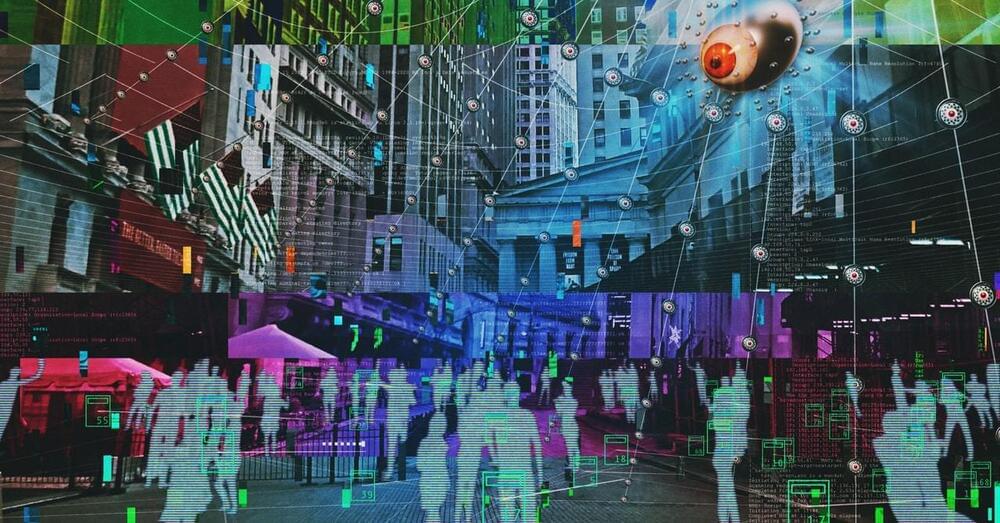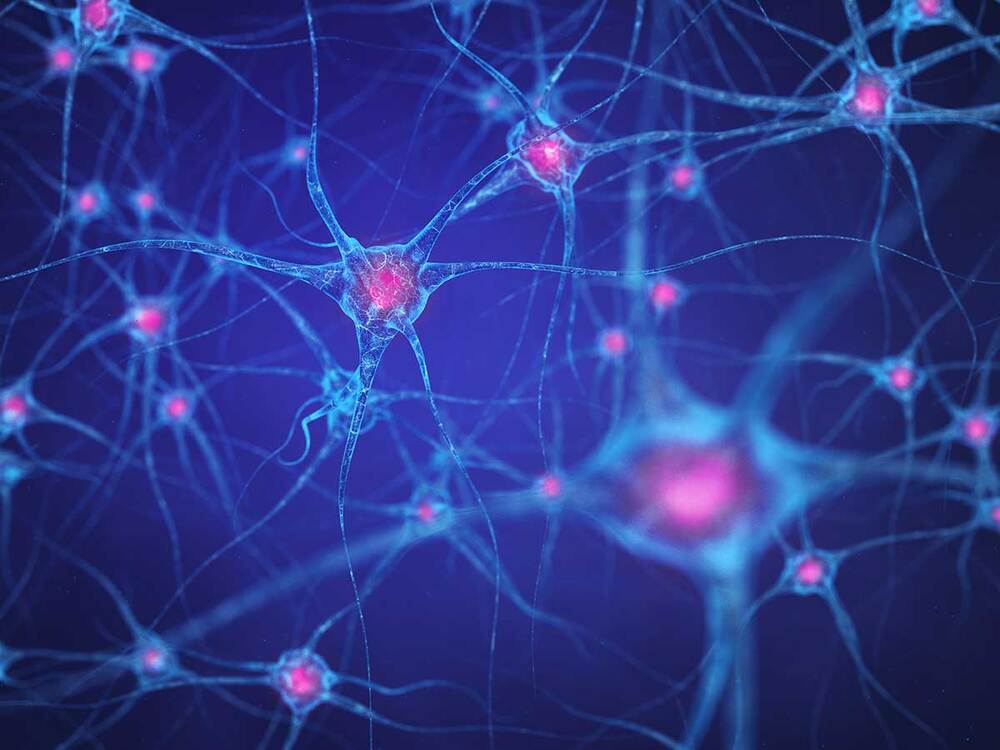Jan 4, 2023
How deep learning will ignite the metaverse in 2023 and beyond
Posted by Kelvin Dafiaghor in categories: economics, education, robotics/AI, security
Check out all the on-demand sessions from the Intelligent Security Summit here.
The metaverse is becoming one of the hottest topics not only in technology but in the social and economic spheres. Tech giants and startups alike are already working on creating services for this new digital reality.
The metaverse is slowly evolving into a mainstream virtual world where you can work, learn, shop, be entertained and interact with others in ways never before possible. Gartner recently listed the metaverse as one of the top strategic technology trends for 2023, and predicts that by 2026, 25% of the population will spend at least one hour a day there for work, shopping, education, social activities and/or entertainment. That means organizations that use the metaverse effectively will be able to engage with both human and machine customers and create new revenue streams and markets.


















